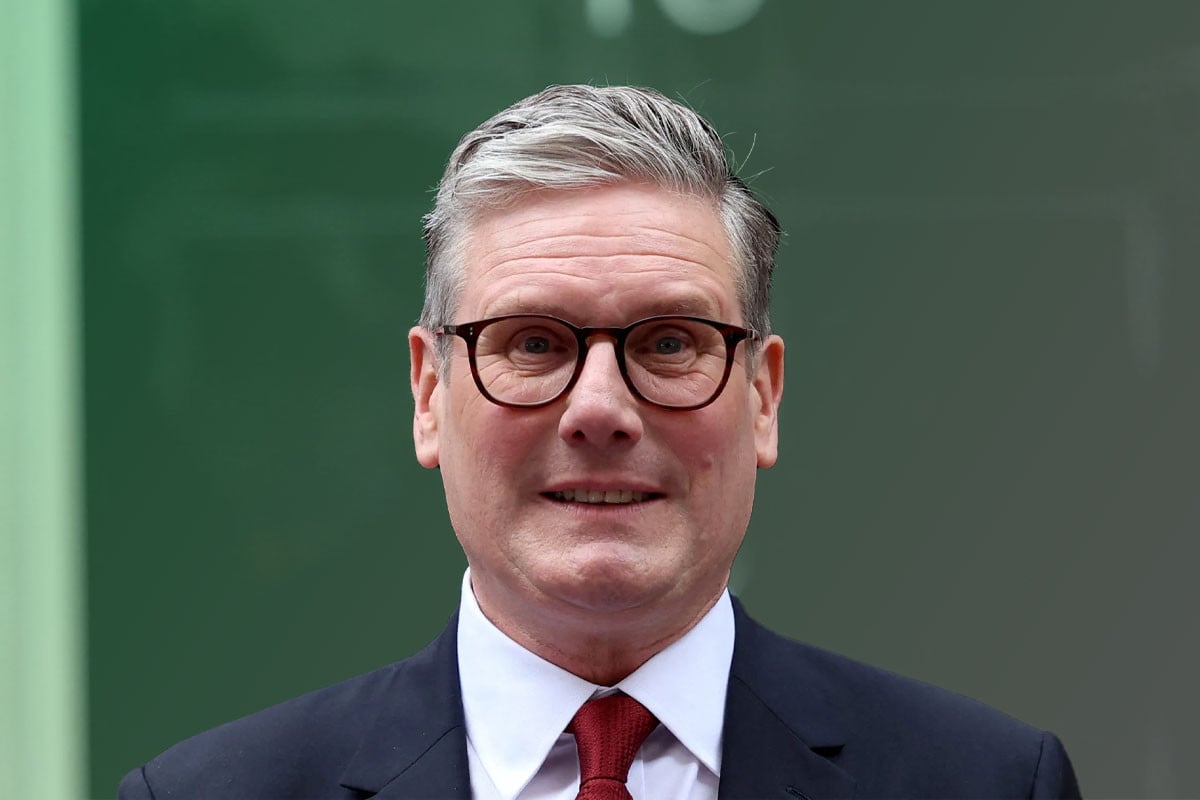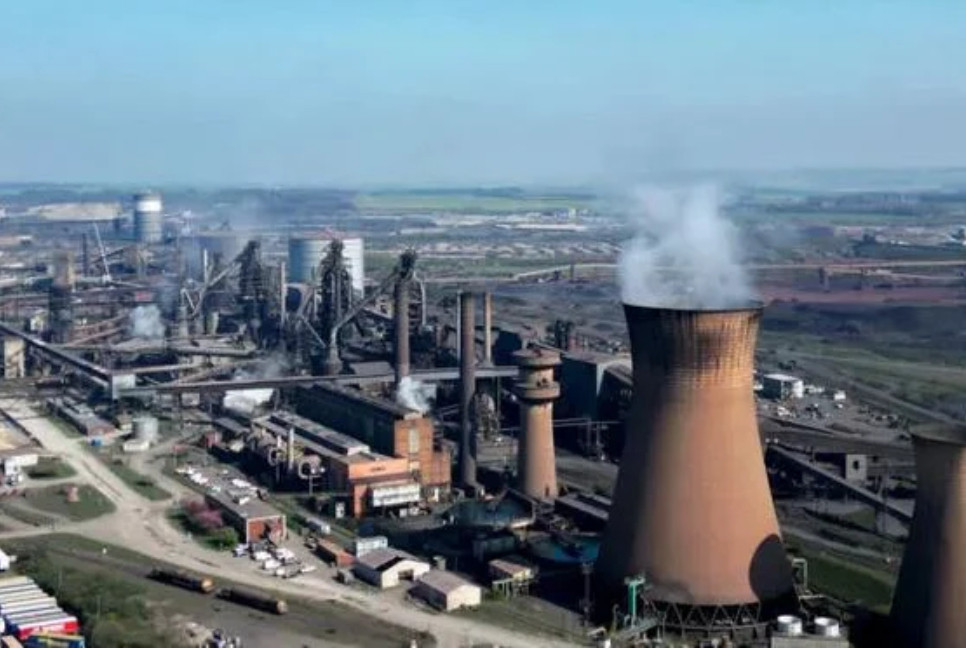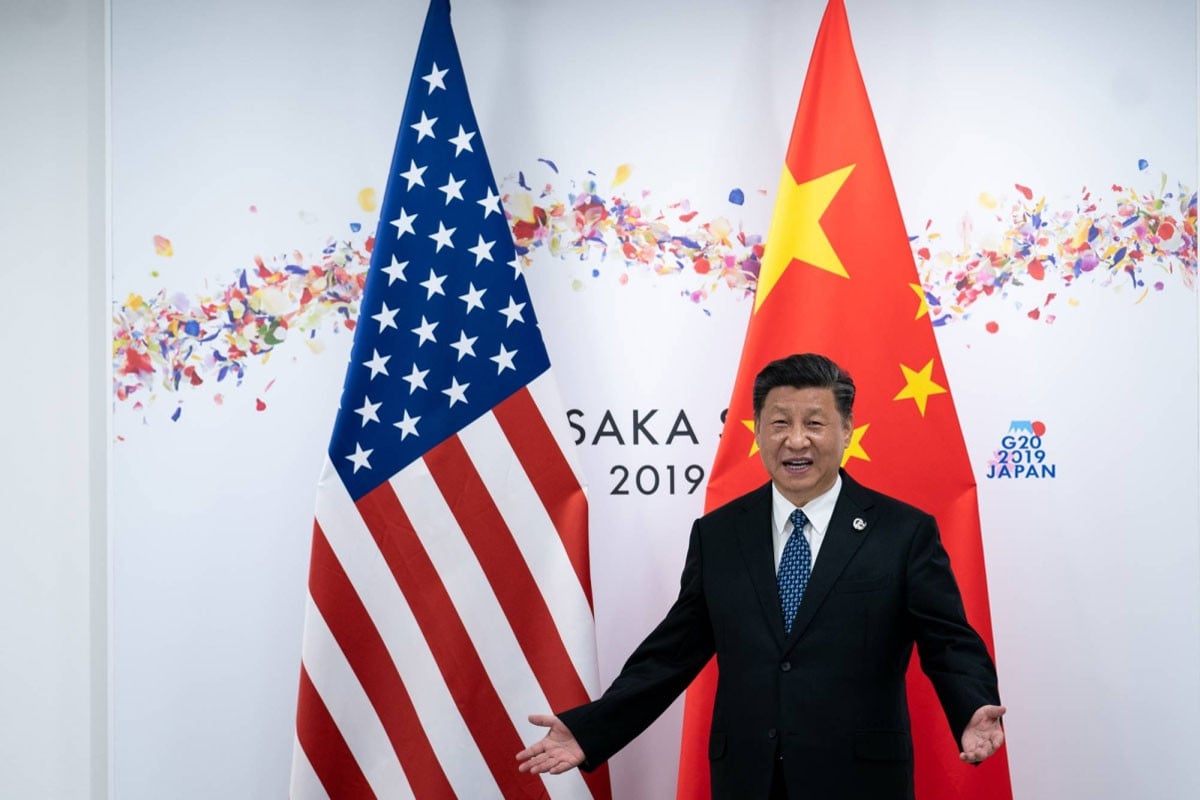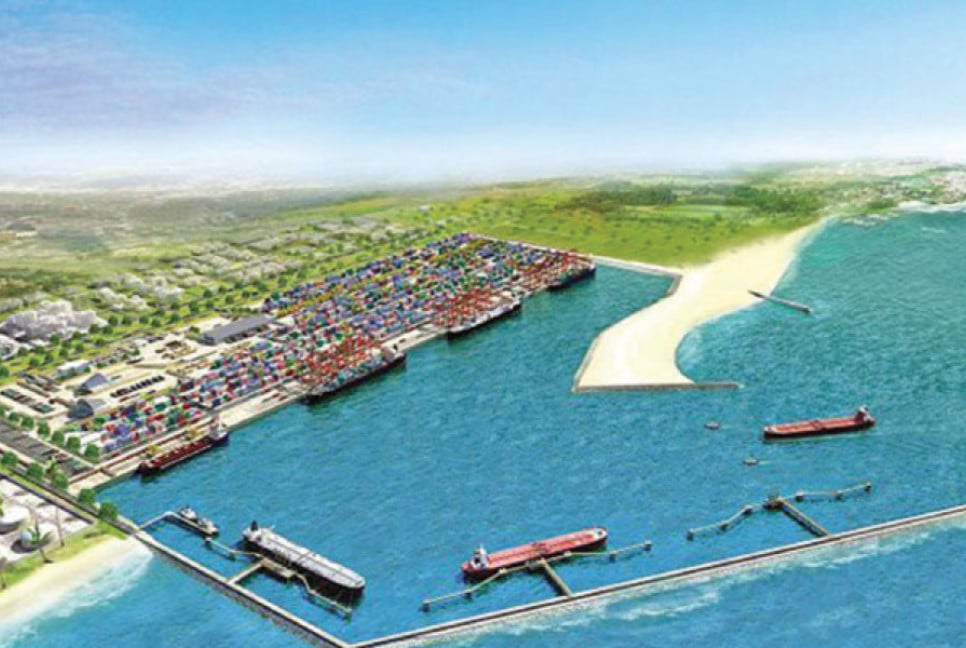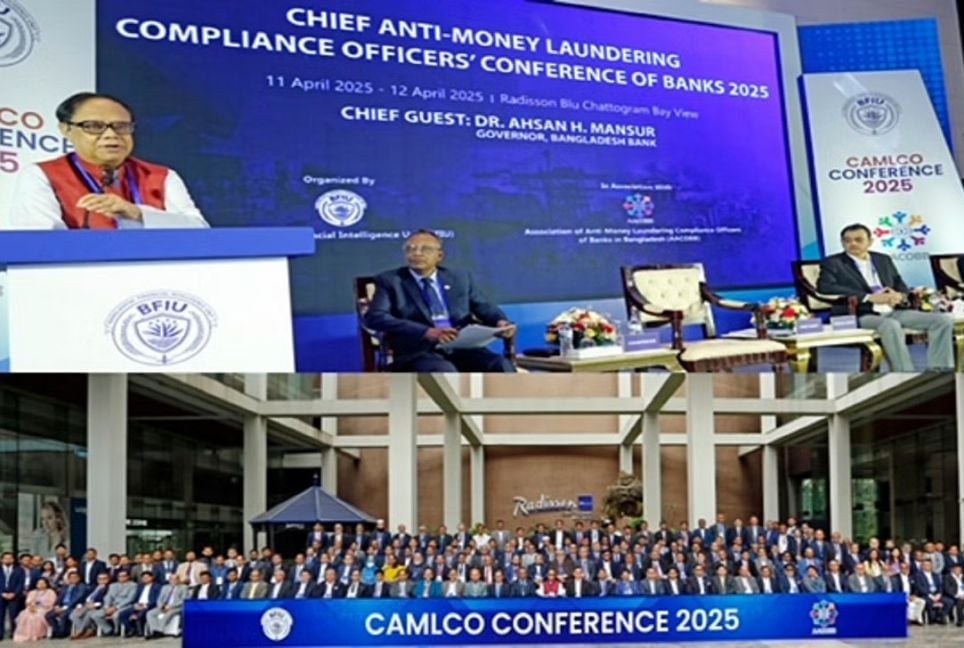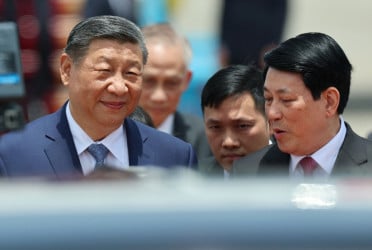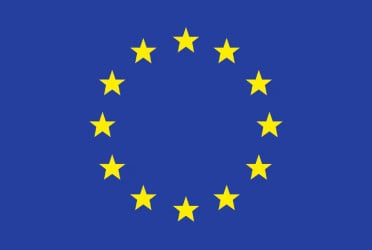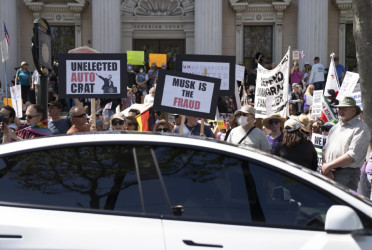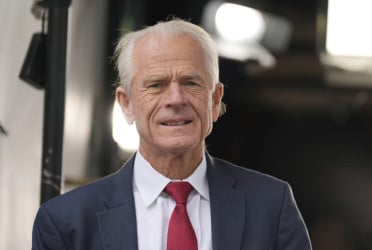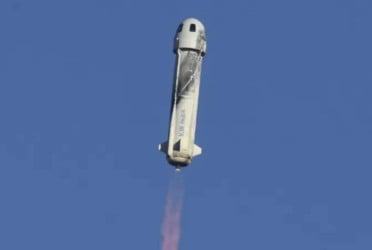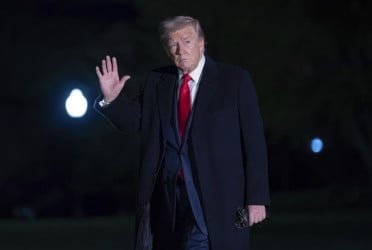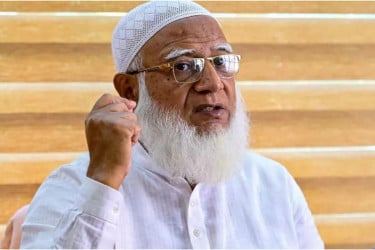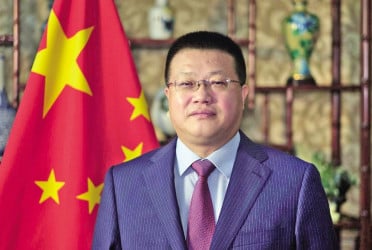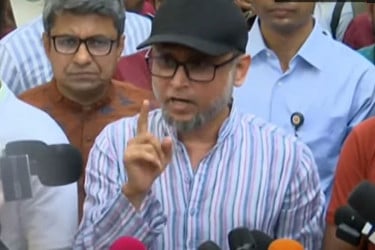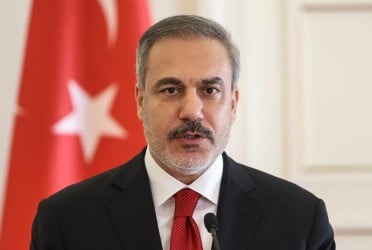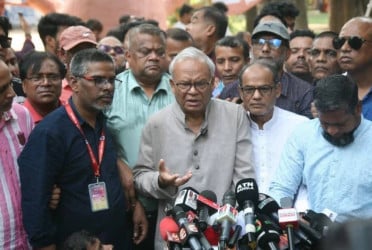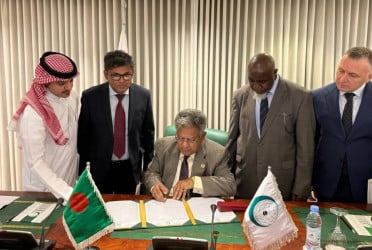UK Prime Minister Keir Starmer is set to announce the end of the globalisation era in a major speech on Monday, signalling a fundamental shift in Britain’s economic outlook. Starmer will argue that globalisation, once seen as a path to prosperity following the Cold War, has delivered disappointment to working-class communities and left countries vulnerable to external shocks.
His remarks come in response to growing global trade tensions, most recently intensified by U.S. President Donald Trump’s imposition of a sweeping 10 percent “baseline” tariff on foreign imports. Trump, who declared a national economic emergency on April 2, framed the move as a bold reset of global commerce, urging other nations to dismantle their trade barriers or face consequences.
“April 2, 2025, will forever be remembered as the day American industry was reborn,” Trump said, promising to prioritise domestic production under his “America First” agenda.
While Starmer has openly criticised Trump’s isolationist policies, he is expected to concede that the global economic model is undergoing a major transformation. His speech will outline a more grounded approach—one that rejects trade wars but calls for reforms to prioritise domestic industries and reduce reliance on vulnerable international supply chains.
“Globalisation doesn’t work for a lot of working people,” Starmer is expected to say. “We don’t believe trade wars are the answer. This is a chance to show that there’s a different path.”
The shift aligns with broader concerns voiced by global financial leaders, including HSBC Chairman Sir Mark Tucker, who recently suggested that globalisation may be fragmenting into smaller regional blocs due to Trump’s aggressive trade policy.
Britain, taking a more conciliatory line than the European Union, has so far avoided harsher U.S. penalties and been hit only with the general 10 per cent tariff. Officials credit this to the UK’s pragmatic engagement with Washington during a volatile period for international trade.
Starmer’s declaration is expected to resonate with British voters increasingly sceptical of globalisation’s benefits. His new direction aims to rebuild trust in the economy by focusing on domestic resilience over distant supply chains and global dependency.
As nations rethink their positions in an evolving world economy, Starmer’s speech may mark a turning point in Britain’s post-Brexit identity—less as a champion of global liberalisation and more as a leader in forging a balanced, self-reliant economic path.
Source: With inputs from international media
Bd-pratidin English/ Jisan

